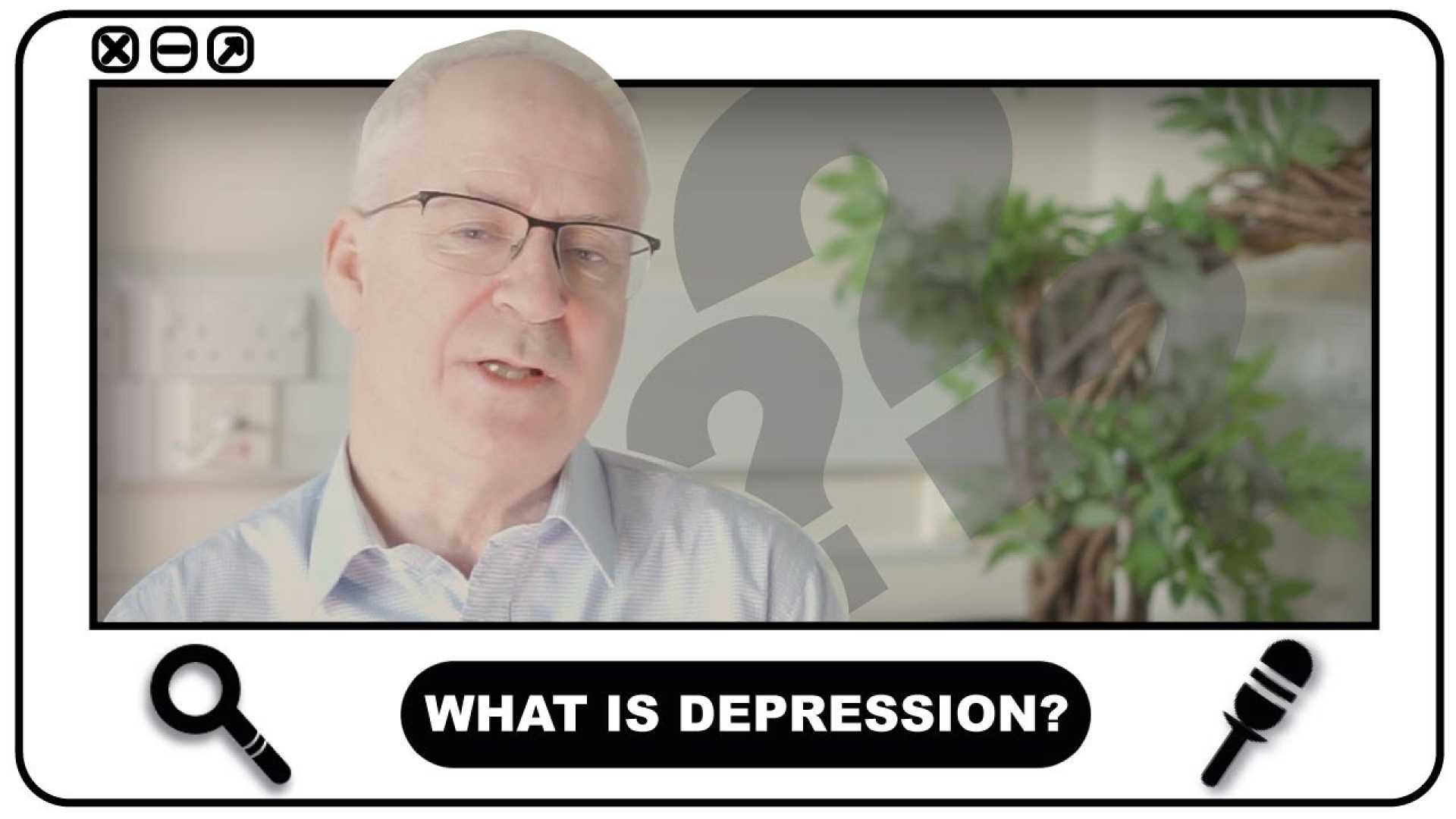News
University College London Teams Up with YouTube Health to Enhance Mental Health Information

University College London has initiated a partnership with YouTube Health, aimed at improving access to and the quality of mental health information available on the platform, particularly for young people. The university has noted a significant demand for mental health content on YouTube, which underscores the critical need for this information to be both accurate and evidence-based.
The collaboration seeks to train over 100 clinical academic staff in creating their own content. This initiative aims to establish a “clinical creators network” at UCL, where these experts can share their knowledge and promote the latest research findings to optimize online mental health resources.
Additionally, UCL plans to introduce teaching materials focused on content creation for YouTube to help prepare the next generation of “clinical creators.” This effort intends to ensure that future professionals are well-equipped to produce reliable and effective mental health content for digital platforms.
Efforts to enhance digital access to mental health resources continue to gain momentum. Recently, HTN reported initiatives designed to provide individuals in crisis and their families the ability to reach trained mental health professionals anytime. A separate project in Oxfordshire focused on expanding mental health support, with treatments and therapies valued up to £35 million, has also been highlighted.
During the summer, HTN hosted a webinar emphasizing the potential benefits of peer-to-peer support in the design of mental health platforms. The need to create “a safe place for asking for and receiving support” remains a central theme in the development of these resources.
Moreover, the application of digital and technological solutions in healthcare service delivery continues to evolve. The NHS has made positive strides in adopting a modern general practice access model as part of its primary care blueprint. Initiatives like South London Listens and projects in North West London, which include digital reach and health survey data, represent ongoing efforts to broaden access through technological advancements.












